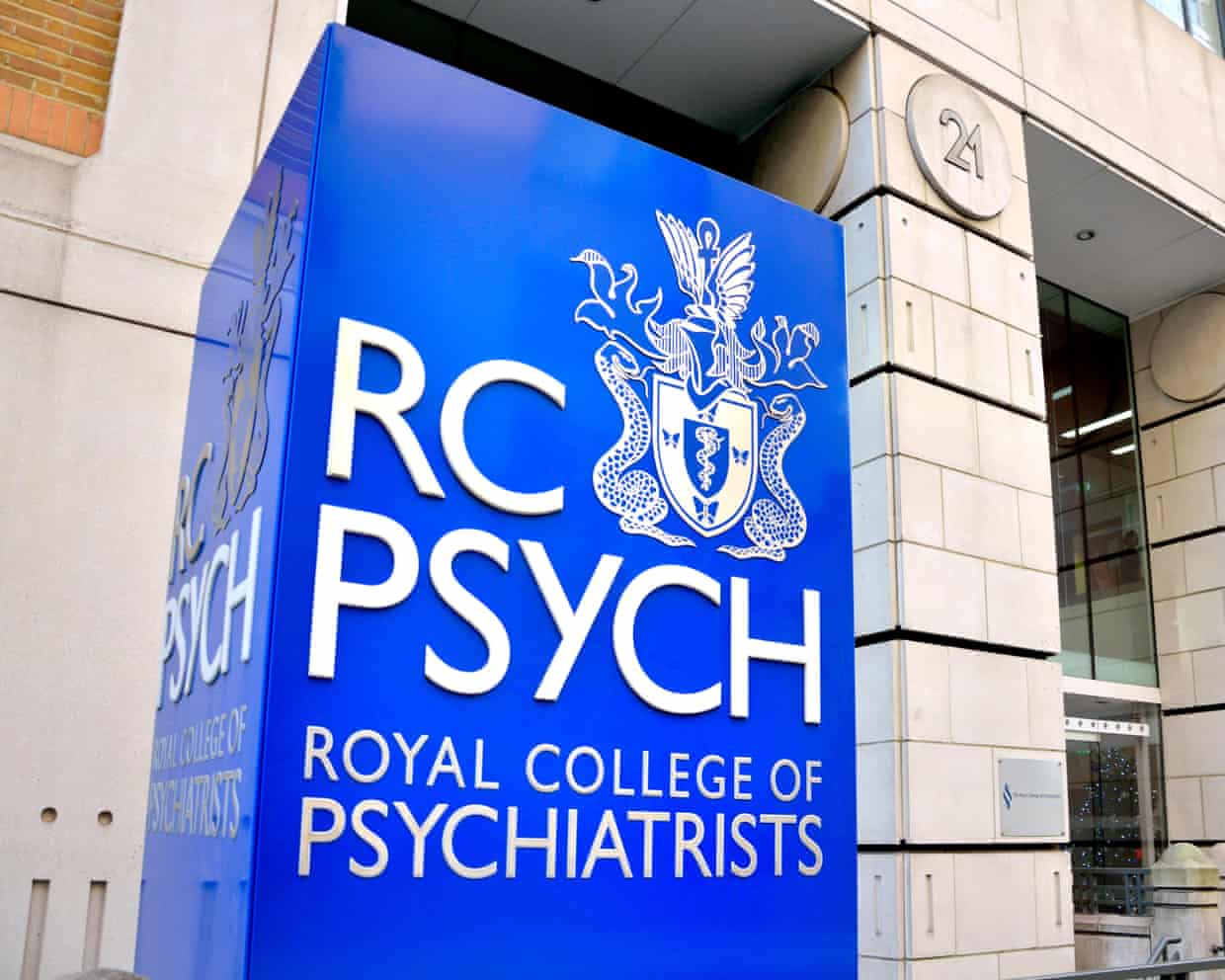Plant importers say border delays in Kent could drive up prices and stop deliveries from EU

Importers of plants say long delays and damage to shipments at a Kent border control post risk driving up prices and could lead to transport companies stopping deliveries across the Channel.Traders have reported long waits in recent weeks at the government’s Sevington facility off the M20 near Ashford, which was built to check goods of plant and animal origin arriving from the EU.One importer said delays were adding £200 of costs to each load.There are also warnings that trees and shrubs are repeatedly being damaged when unloaded and reloaded on to lorries during the inspection process.Since Brexit, deliveries of animal and plant products between Britain and the EU have required paperwork and been subject to stringent inspections at the border as a part of sanitary and phytosanitary (SPS) controls.
All plant products rated as high or medium risk – including bedding plants, cut flowers and bark – are inspected, with the checks aimed at enhancing Britain’s biosecurity and preventing harmful plant and animal diseases from entering the country.However, several traders said they were facing significant problems during border controls at Sevington, including trucks stuck there for several days before being released.A recent shipment of olive trees from a nursery in Pistoia in Italy, destined for Premier Plants near Chelmsford in Essex, was held up for five days, according to the company’s co-founder Karl Clark.“It’s frustrating and adds cost.We have been importing plants from Italy for over 20 years and never had these sorts of problems before Brexit,” Clark said.
John Davidson, the finance director at Tom Brown Wholesale, which brings daily deliveries of cut flowers and plants into the UK from the Netherlands through Sevington, said delays at the border post “go in waves”.“Three weeks ago we had three delays in a row, but the following week was fine,” he said.“An hour or two delay can really set us back in our business.”The latest delays at Sevington come at a busy time for importing plants, following a lull during the warm summer months when larger shrubs and trees tend not to be exported from the EU.Premier Plants, which supplies landscape designers, developers and local councils, said recurring delays at the border risked making the company unreliable, while also adding costs.
Clark estimates delays add an extra £200 to each load, on top of transport charges and administrative expenses.“Luckily, at this time of year the delays are not too disastrous, but you can imagine what it is like in the summer; the plants are going to cook or dry out,” Clark said.Marco Innocenti’s family-run nursery in Tuscany is one of Premier Plants’ suppliers and delivers to the UK twice a week.When one of its most recent shipments arrived with customers after checks in Sevington, some potted plants inside the lorry were upside down, while others had broken branches.Innocenti called this “unacceptable” and blamed the damage on the truck being “unloaded and reloaded carelessly”.
“We cannot continue this way,” he said,“The authorities must recognise the seriousness of this issue,”Sign up to Business TodayGet set for the working day – we'll point you to all the business news and analysis you need every morningafter newsletter promotionThe Sevington checkpoint costs £23m a year to run, according to a government estimate for the last financial year,Companies importing goods subject to SPS controls are required to pay a “common user charge” for using the facility, which is £29 for each species in a consignment, whether it is checked or not, and is capped at £145 for each delivery,Following construction, the facility was described as a “white elephant” and was not used for some time after the UK repeatedly delayed the introduction of physical checks on plant and animal products from the EU.
However, these finally began in April 2024 and traders have reported a significant increase in items requiring inspection in recent months, since the announcement of Keir Starmer’s “reset” deal with the EU.Industry body the Horticultural Trades Association (HTA) and many plant traders say an SPS agreement with the EU that could remove the need for border checks as part of the “reset” cannot come soon enough, although this may not be implemented until 2027.“The last few weeks have not been good at Sevington,” one logistics company told the Guardian.“Some companies are struggling with the costs and with damage.In the end some exporters are maybe going to say ‘sorry, we give up on the UK.
’”The outsourcing firm Sodexo was awarded the £184.5m contract by the government to run Sevington for three years from July 2023 on behalf of HM Revenue and Customs, and is also responsible for the Department for Environment, Food and Rural Affairs (Defra) border control posts located on the site.The Swiss-headquartered logistics company Kuehne + Nagel handles vehicle inspection at Sevington under a deal with Sodexo.Kuehne + Nagel and Sodexo did not respond to requests for comment.The government is reviewing its procedures at border control posts, the Guardian understands.
The government is also understood to claim that any complaints about damage are investigated, with a response provided to the trader as soon as possible.A government spokesperson said: “Protecting UK biosecurity remains one of our key priorities.We are working with border control posts to ensure they operate effectively, and with traders to ensure checks are completed efficiently, swiftly and without significant delays.“We are focused on negotiating an SPS deal that could add up to £5.1bn a year to our economy, by cutting costs and reducing red tape for British producers and retailers.
”

Royal College of Psychiatrists faces member backlash over Qatar partnership
The Royal College of Psychiatrists is facing a backlash from members over a controversial partnership with Qatar’s state healthcare provider.The college has signed a contract with the state-owned Hamad Medical Corporation to host international exams in Doha, enabling psychiatrists from across the Middle East and beyond to apply for membership.But the decision to hold clinical exams in a country with well-documented human rights abuses and in which same-sex relationships are criminalised has prompted more than 150 psychiatrists from leading UK hospitals and universities to sign a letter to the president of the college.“A commercial relationship with Qatar’s public health system, a de facto branch of its government, runs a risk of significant reputational damage to the college,” states the letter, which was sent in September.“Women are denied equal rights in a number of domains and there is no legal protection for domestic abuse,” the letter says

Having open conversations with boys is key to fending off the manosphere threat | Letters
It’s great to see that there are young men who are actively looking for alternatives to the kinds of masculinities displayed online (I’m a teenager who was lured into the manosphere. Here’s how to reach young men like me, 2 November). But to me, Josh Sargent’s article is about more than just the manosphere. It’s about the platforms that facilitate it, and how social media diverts attention away from things like reading and toward things that largely don’t matter. Josh says it himself: “in fairness, short-form content is slightly more engaging than Macbeth quotation flashcards”

Social media misinformation driving men to seek unneeded NHS testosterone therapy, doctors say
Social media misinformation is driving men to NHS clinics in search of testosterone therapy they don’t need, adding pressure to already stretched waiting lists, doctors have said.Testosterone replacement therapy (TRT) is a prescription-only treatment recommended under national guidelines for men with a clinically proven deficiency, confirmed by symptoms and repeated blood tests.But a wave of viral videos on TikTok and Instagram have begun marketing blood tests as a means of accessing testosterone as lifestyle supplement, advertising the hormone as a solution to problems such as low energy levels, poor concentration and reduced sex drive.Doctors warn taking testosterone unnecessarily can suppress the body’s natural hormone production, cause infertility, and increase the risk of blood clots, heart problems and mood disorders.The online demand for treatment is so great that medical professionals have now begun to see it mirrored in their clinics

‘Heroic actions are a natural tendency’: why bystander apathy is a myth
It was early morning on 1 January last year when Colin McGarva dived into a flooding river in Worcester to rescue an unconscious woman. McGarva said he didn’t think twice about the risk to himself, or the devastating loss his newborn son would suffer had he too been swept away by the fast-flowing icy waters.“I didn’t stop to think because the instinct – the instant reaction – is to help someone in need,” he said. “Someone’s life is an important thing. Helping is just something you have to do

Sex offender freed from Wandsworth prison by mistake is back in custody
A convicted sex offender who was released from prison by mistake a week ago is back in custody.Brahim Kaddour-Cherif, 24, from Algeria, was accidentally freed on 29 October from Wandsworth prison in south London. He was arrested in Finsbury Park, north London, on Friday after police said they had received a call from a member of the public.The erroneous release, and that of another prisoner who was mistakenly freed, has led to mounting political pressure on David Lammy, the justice secretary, days after he introduced stringent checks for jails.Lammy had refused several times to say whether any more prisoners had been released in error in a bruising session of prime minister’s questions (PMQs) on Wednesday, having been ambushed with a string of questions

Tom Butler obituary
My friend Tom Butler, who has died of lymphoma after a short illness aged 73, was a former head of NHS mental health services in inner-city Manchester.Alongside his career in social work and mental health, Tom was a historian of social policy in the UK and author of several books, including Mental Health, Social Policy and the Law, published in 1985. As a young social worker, he pioneered the use of computer databases to improve child protection while working for Berkshire social services.He was born in Gloucester to Irish parents, Margaret (nee Bolger) and Patrick Butler, a draughtsman in the aircraft industry. Tom attended St Peter’s Roman Catholic junior school in Gloucester, where we first met

Can Donald Trump really make an NFL team name its stadium after him?

Carlos Alcaraz up and running at ATP Finals with win over Alex de Minaur

Rob Steen obituary

ATP Finals tennis: Carlos Alcaraz defeated Alex de Minaur – as it happened

Can anyone challenge the Sinner-Alcaraz supremacy? ATP Finals will reveal all

America’s men’s grand slam drought is not Taylor Fritz’s burden to carry